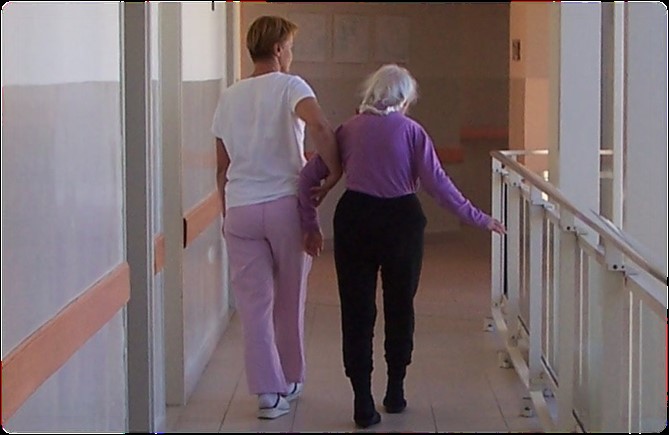Ombudswoman submitted the 2013 Annual Report to the Croatian Parliament which, for the first time, unified four reports on all institution’s mandates: protection and promotion of human rights and freedoms, anti-discrimination and NPM activities, including analysis and opinion on the state of human rights in Croatia.
The year was marked by the largest number of complaints since the establishment of the institution – 3021 cases; 63 per cent more than in 2012. Most of the complainants were sent from Zagreb, the capital of Croatia and from the surrounding region which indicates to the unsatisfactory accessibility of the Office to the citizens from distant regions of the country. The largest increase of complaints was registered in the field of housing, police (miss)conduct, health protection and insurance rights, distressed property procedure, property denationalization and restitution, construction and physical planning.
Several systemic problems that we encountered in our practice continued to exist in 2013 such as; poor legislation coherence, their frequent contradiction, uneven and protracted administrative procedure, especially regarding appeals, which all together prevent citizens from exercising their rights in a reasonable period of time. We can add to this the fact that citizens are not well informed to whom to address in order to protect their rights and that they often find themselves lost in the course of administration procedures. On the other hand, the administrative apparatus still does not have sufficient capacities to respond to the citizen’s requests in timely and quality manner.
Position of ethnic and national minorities is still not on the satisfactory level both with respect to the proper implementation of the Constitutional Act on the Rights of National Minorities and efficient fighting against discrimination, especially against Serbian and Roma ethnic minorities. Recent legislation and institutional changes led to the new deadlock in realization of the right to reconstruction and housing, therefore the new system could hardly be considered to be efficient and sustainable. The year was also marked by expressions of hate against minority groups in general, but also by the hate acts which show that we must do a lot more in order to become a society which accepts diferences.
Enjoyment of social rights is also aggravated, the network of social services insufficient and uneven. Our continued concern refers to the amount of social subsidies which is intolerably low, often insufficient to cover the mere existential needs, especially of the elderly without pension. Social housing is not systematically regulated and regulation of subsidies for homeless people is left to the local government. Distrainees should be given proper information in order to be able to protect their rights but also better control of financial institutions is needed as well as coherent social policy measures which should alleviate the effects of distress on the poorest citizens.
Regarding the persons deprived of liberty, one of the most frequent violations of their rights is still the premises over crowdedness and quality of health services. Better regulation of the procedure for deprivation of liberty of persons with mental disorder at the local level is needed in order to minimize the involuntary placements in psychiatric institutions.
Regardless the fact that the institution’s mandate has been broadened, and the number of citizens’ complaints and requests increased significantly, the budget of the Office of the Ombudswoman has been in continuous decrease since 2012, despite all relevant UN, Council of Europe and European Union recommendations. Normative strengthening of the powers without providing necessary personnel and adequate office premises consequently weakens the capacities of the institution from which citizens rightfully expect greater public visibility, involvement in human rights issues and above all the effectiveness in addressing their complaints.
The summary of the Report in English will be available soon.
 Ombudswoman Submits Report 2023 Annual Report to the Croatian Parliament
Ombudswoman Submits Report 2023 Annual Report to the Croatian Parliament The Importance and Impact of Political Discourse in the Pre-Election Period
The Importance and Impact of Political Discourse in the Pre-Election Period International Conference Marks End of the Project on the EU Charter on Fundamental Rights and the Rule of Law
International Conference Marks End of the Project on the EU Charter on Fundamental Rights and the Rule of Law Parliamentary Committee on Human and National Minority Rights Votes in Favor of the Ombudswoman’s 2022 Annual Report
Parliamentary Committee on Human and National Minority Rights Votes in Favor of the Ombudswoman’s 2022 Annual Report World Homeless Day – Invisible, but also Forgotten?
World Homeless Day – Invisible, but also Forgotten? Ombudswoman to Issue Special Report on the Human Rights of Older Persons
Ombudswoman to Issue Special Report on the Human Rights of Older Persons

